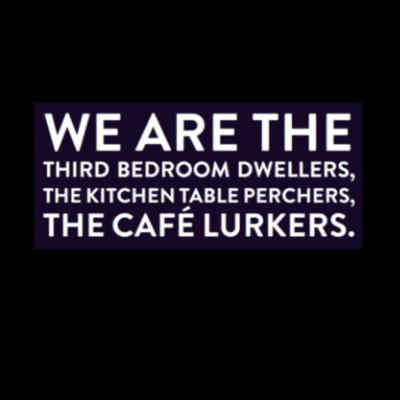Well, of course you do. We all need to shower and change our clothes. But what I mean is, do you carry out de-briefs on your work?
By Steve Manning
If you’re like me, you probably finish a job and move quickly onto the next one. This is fine because it means that business is good and the mortgage is getting paid.
But it also means that a key part of your business is being overlooked – the de-brief.
Here are 3 reasons why a de-brief at the end of a job is important:
- It provides an overall snapshot of how the job went;
- It helps us to identify what worked well and what didn’t work so well; and
- It helps us learn from any mistakes.
However, it’s completely normal to place the de-brief at the bottom of your to-do list.
It’s not an absolutely critical task and besides, you’re busy with so many other things.
But it’s a crucial tool in reflecting upon and improving your service to your clients.
As soloists, it’s virtually impossible to run a de-brief on every single job we do.
So let’s make things more realistic.
Pick one project from last month to perform a little de-brief on. And don’t pick the one that was a stunning success! Go for one that you weren’t 100% happy with.
Then ask yourself some honest questions:
- Did you give it your all?
- What worked well?
- What could you have done better?
- Did you have to make a number of revisions? Why?
- Did you have enough information at the start of the job?
- Did you allow yourself enough time to get it right?
- Was there better way to present your work?
By reviewing the entire process, you’ll more than likely identify ways you could have done a better job. It’s not an exercise to admonish yourself, but simply to learn from any mistakes and improve your performance for next time.
And really, that’s how we become more skilled and efficient at what we do.
So let us know if you de-brief on a regular basis.
(And no, we don’t want to hear about your last holiday to the nudist camp.)



